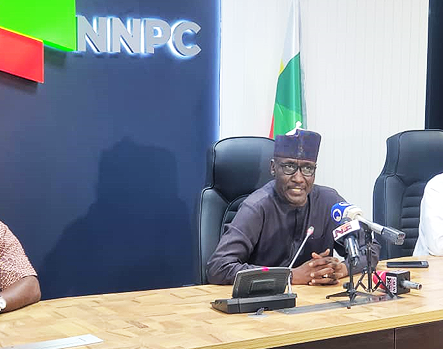Bloomberg reported on Monday that the Federal Government owes the Nigerian National Petroleum Company Limited about half of its income projections for this year for the petrol subsidy reinstated in August last year.
According to NNPC’s Chief Financial Officer, Umar Ajiya, the government owes the company N7.8 trillion ($4.9 billion) in subsidy debts for the seven months ending in July. The government expects to receive N19.4 trillion in revenue this year.
The subsidy, which was withdrawn by Nigerian President Bola Tinubu in May last year to help repair the state’s finances after debt-service costs soared to 96% of revenues, was reinstated to allow measures to be implemented to protect Nigerians from spiraling inflation, which is currently at 33%.
The government will allow NNPC to offset about N2.2tn it owes the state against the subsidy debt, Ajiya said in an interview after the company announced its results in Abuja, the capital, according to Bloomberg.
The government accumulated the debt to the NNPC because it is the sole importer of gasoline, which it resells to marketers at below-market cost to keep prices low.
A litre of petrol sells for about N617 at the pump at NNPC retail stations in Abuja, compared with more than the N1,000 price in other locations, fueling cross-border smuggling of the product.
The state oil company recorded an annual profit of N3.3tn in 2023, compared with N2.55tn a year earlier. It plans to invest $6.6 billion in its operations this year, which will be largely borrowed, Ajiya said.
It foresees crude and condensate production increasing to two million barrels a day by year-end from an average of 1.75 million barrels per day in August, helped by improved security to combat oil theft.












